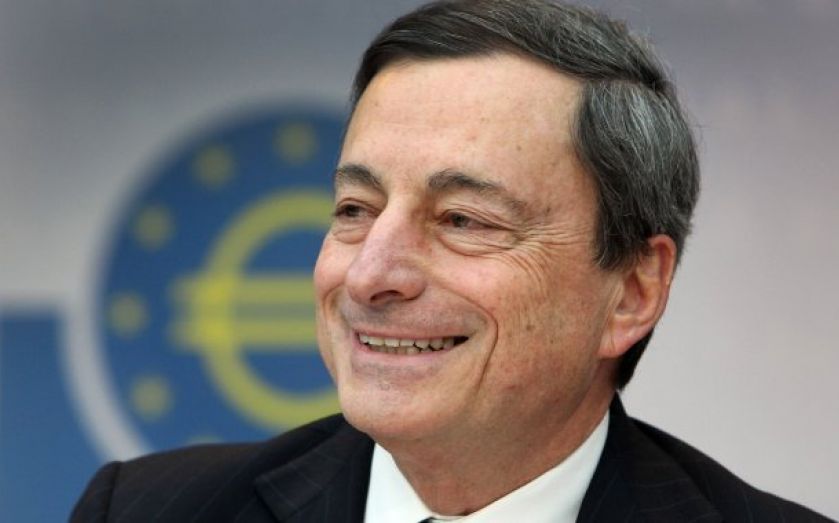OMT decision: Euro falls to nine-year low as European Court of Justice rules ECB bond buying programme is legal and “necessary”

The euro fell to $1.17425, a nine-year low against the dollar and below the level it first launched at in 1999 after after a European Court ruled the European Central Bank's (ECB) bond-buying programme was both "necessary" and "in principle".
Pedro Cruz Villalon, advocate general at the European Court of Justice, said the Outright Monetary Transactions (OMT) bond-buying programme is legal, providing certain conditions are met.
The ruling said the ECB has the right to buy Eurozone government bonds under its OMT scheme, however it is required to properly justify such actions.
While today's ruling is non-binding, the ECJ rarely goes against the opinion of its advocate generals.
Germany, a staunch opponent of the programme, had referred it to the ECJ to rule on its legality. The Eurozone titan claimed it amounted to economic policy, which fell outside of the central bank's mandate.
OMT was revealed during the depths of the Eurozone crisis to calm widespread panic that was ripping through financial markets.
The programme was designed for struggling Eurozone countries that requested help, but its bond buying function means it's widely seen as a predecessor to quantitative easing.
While the OMT scheme has never been used, it is widely credited with ending the Eurozone crisis, taming surging borrowing costs for the governments of Italy and Spain which threatened to break up the bloc.
The scheme was revealed after Draghi's famous speech in which he promised to do "whatever it takes to preserve the euro".